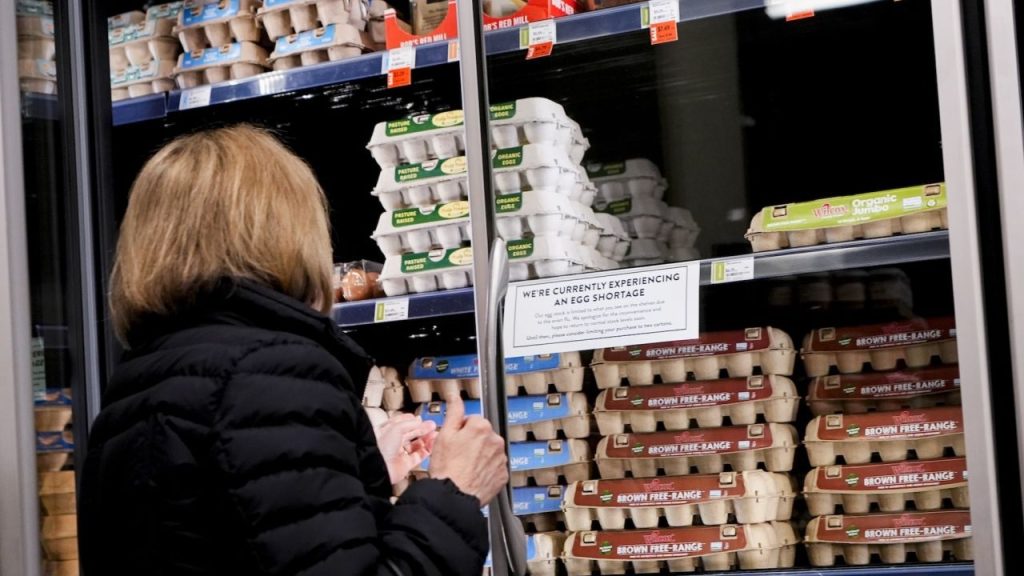A new study by Goldman Sachs Bank has revealed that U.S. consumers are expected to bear 55% of the costs of the tariffs imposed by President Donald Trump earlier this year, while American companies will absorb 22% and foreign exporters 18%.
According to Goldman Sachs economists, U.S. firms are likely to pass on their share of the costs to consumers over the coming months.
“However,” the report added, “for now, American businesses are likely carrying a greater portion of the burden, since some of the new tariffs have only recently taken effect. It takes time to raise prices for consumers and renegotiate lower import costs with foreign suppliers.”
The Trump administration has imposed tariffs on trade partners across the world, affecting a wide range of products. While the president has repeatedly claimed that foreign nations will shoulder the costs, the Bureau of Labor Statistics reported last month that consumer prices in August rose by 2.9% compared to August 2024.
In an interview with NBC News, U.S. Treasury Secretary Scott Besant denied that the tariffs amounted to a tax on American consumers.
Meanwhile, White House spokesperson Kush Desai told The Hill that the administration’s stance remains unchanged: “While Americans may experience a temporary adjustment period as tariffs disrupt the status quo that once put America last, the ultimate cost will fall on foreign exporters.”
Desai added, “Companies are already reshaping and diversifying their supply chains in response to these tariffs, including moving production back to the United States. Americans can be confident that the administration will continue to deliver economic relief from Joe Biden’s inflation crisis, while paving the way to restore long-term American greatness.”
On Friday, Trump also threatened to raise tariffs on Chinese imports in response to Beijing’s new licensing rule requiring foreign entities to obtain permission to export any product containing more than 0.1% rare earth elements, whether sourced or manufactured in China. These minerals are crucial components in semiconductors, laptops, and other high-tech devices.
In a significant legal development, the U.S. Supreme Court is expected to review multiple appeals this November challenging Trump’s authority to impose broad tariffs under the International Emergency Economic Powers Act (IEEPA), enacted in 1977. This law grants the president authority to regulate economic transactions during a declared national emergency.

